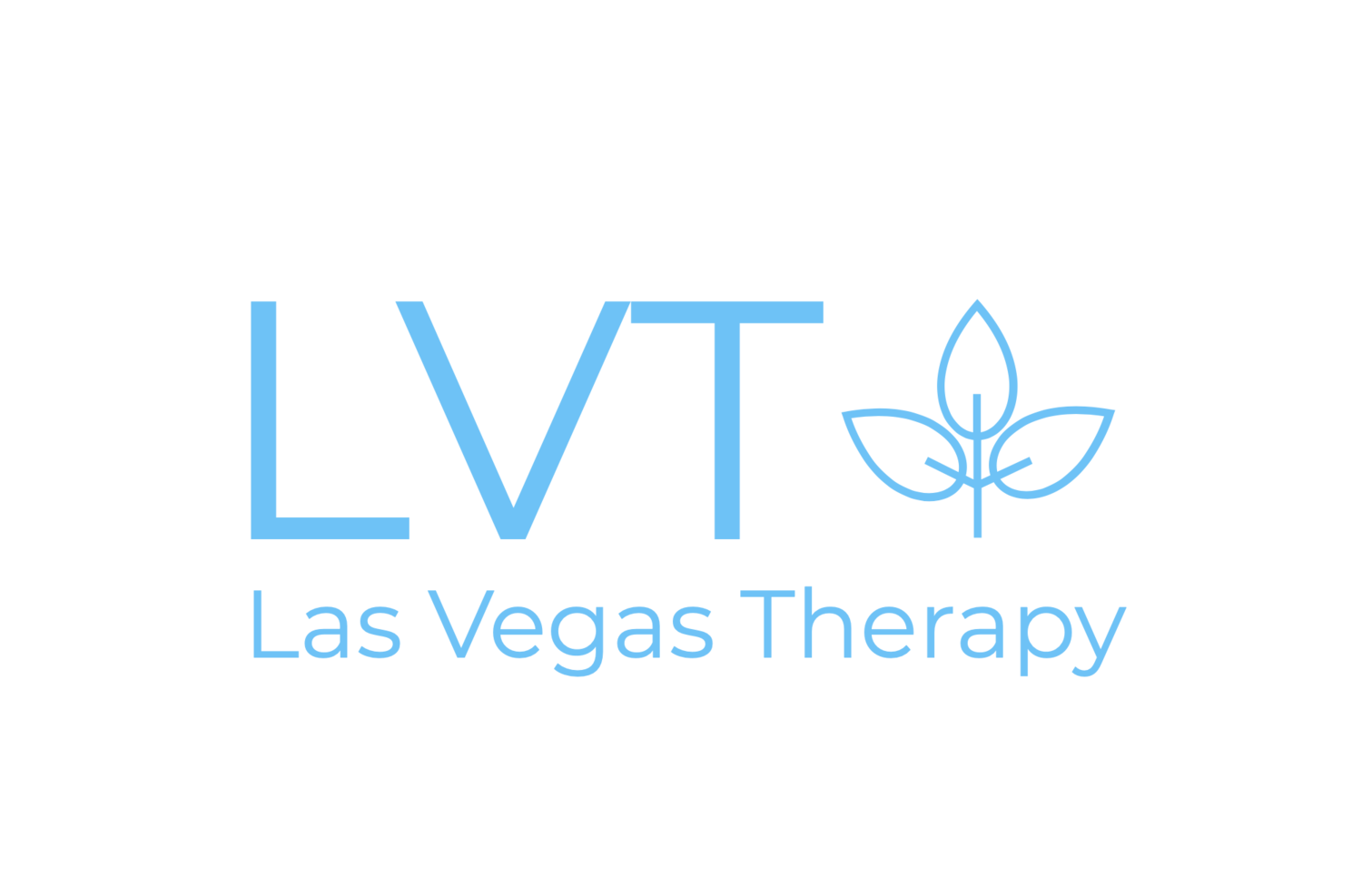At Las Vegas Therapy, we often encounter clients whose anxiety disorders are deeply intertwined with their past traumatic experiences. Understanding the connection between trauma and anxiety is crucial for effective treatment and healing. This blog post explores how traumatic events can pave the way for anxiety disorders and what can be done to help those affected.
Understanding Trauma and Its Impact
Trauma occurs as a result of extraordinarily stressful events that shatter your sense of security, making you feel helpless in a dangerous world. Psychological trauma can lead to lasting changes in the brain associated with hyperarousal, which can increase the risk of developing anxiety disorders.
How Trauma Triggers Anxiety
The experience of trauma can lead to an enhanced state of neurological alertness. This heightened alertness is often a direct response to the perceived need for constant vigilance after a traumatic event. Such continuous stress response can evolve into an anxiety disorder, including generalized anxiety disorder, panic disorder, and post-traumatic stress disorder (PTSD).
Generalized Anxiety Disorder (GAD): Trauma can lead individuals to develop GAD, characterized by chronic, exaggerated worry and tension that is unfounded or much more severe than the normal anxiety most people experience.
Panic Disorder: Individuals with this condition often experience spontaneous seemingly out-of-the-blue panic attacks and are preoccupied with the fear of a recurring attack. Panic disorders can be triggered by a traumatic event which leads to a constant state of fear and vulnerability.
Post-Traumatic Stress Disorder (PTSD): After experiencing a traumatic event, people can develop PTSD, which includes symptoms such as flashbacks, severe anxiety, uncontrollable thoughts about the event, and nightmares.
Symptoms to Watch For
If you or someone you know has experienced trauma, be mindful of these symptoms, which might indicate the development of an anxiety disorder:
Constant feelings of nervousness or restlessness
Difficulty concentrating
Heightened irritability
Sleep disturbances
Sudden, intense feelings of panic and fear
Avoidance of places, people, and activities that are reminders of the trauma
Recognizing these symptoms early can be crucial for effective intervention.
Treatment and Recovery
Effective treatment for anxiety disorders stemming from trauma often involves a combination of psychotherapy and, in some cases, medication. Key therapeutic approaches include:
Cognitive-Behavioral Therapy (CBT): This type of therapy is highly effective for treating anxiety disorders. It involves the identification and challenging of irrational thoughts and gradually exposing the patient to the feared object or situation in a controlled and safe environment.
Eye Movement Desensitization and Reprocessing (EMDR): EMDR has been very effective in treating PTSD by helping individuals process and integrate traumatic memories.
Support Groups: Sharing your experiences with others who have similar problems can help you feel less isolated and more supported.
At Las Vegas Therapy, we provide a compassionate and professional environment for those dealing with the complex interplay of trauma and anxiety. Understanding the ways in which traumatic experiences can lead to anxiety disorders is just the beginning of a successful recovery journey. If you or someone you know is struggling, we are here to help navigate this path toward healing and resilience.

